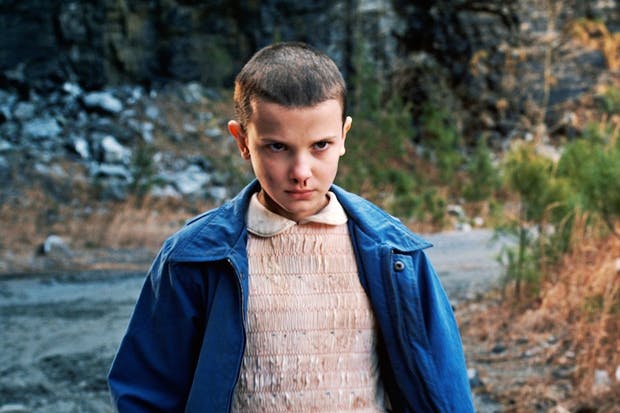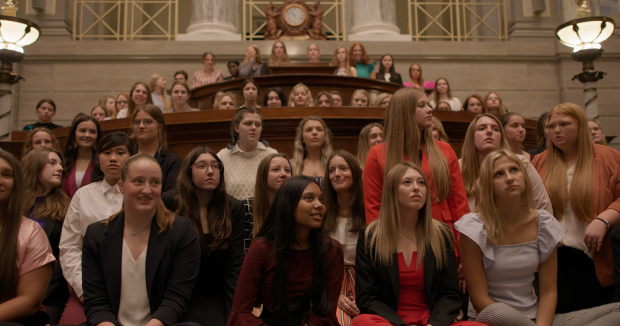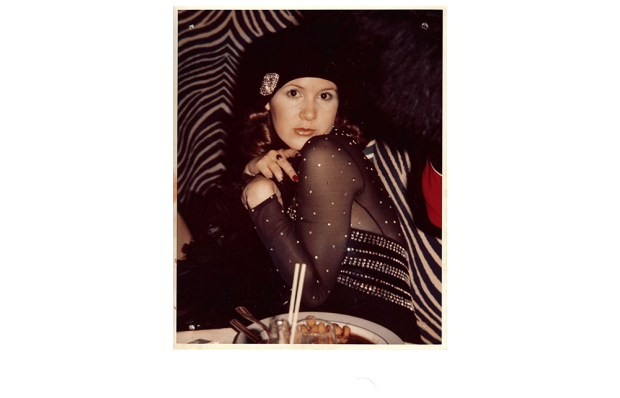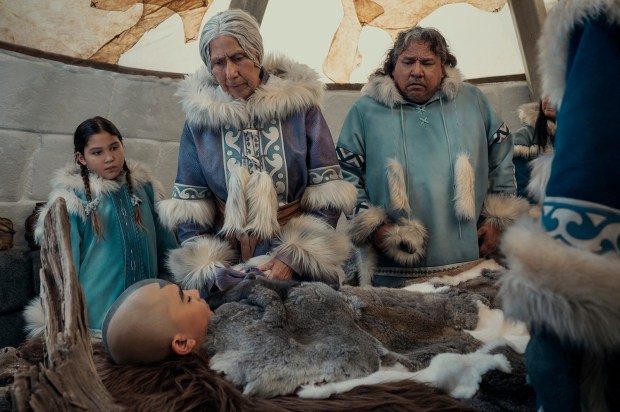Stranger Things is the most delightful, gripping, charming, nostalgic, compulsive, edge-of-seat entertainment I’ve had in ages. Like a lot of the best TV these days, it’s on Netflix, which I highly recommend so long as you can cope with the technical complexities of getting it to appear on your screen in the first place.
Yeah, I know, all you bastard millennial types sneering at Granddad for his inability to do stuff that’s like so totally easy and obvious. But if like me you grew up in an age when there were just three channels and an on/off button, it’s a bloody nightmare grappling with this future where there’s an Amazon Fire TV Stick dangling from the back of your television and a SkyBox with a controller whose keys you can’t read any more because the letters have been rubbed off and a ‘source’ button you have to press on a different controller that doesn’t always work and a Scart lead you variously have to plug into your PlayStation or your laptop depending on some complicated shit I really don’t want to discuss any further because just thinking about it makes me want to kill myself.
If any of that strikes a chord, then you might be the right generation for Stranger Things, which, essentially, is a mash-up of everything that was wonderful about Eighties pop culture, lovingly recreated by screenwriting twins the Duffer brothers who (born 1984) are far too young to have experienced it first time round. Most especially, it’s a homage to the small-town America of the ET era. Instead of an alien — I’ll try to keep plot spoilers to a minimum, but it may be hard given that I’ve seen the whole of season one — the extraterrestrial role is played by a mysterious, cropheaded girl called Eleven (Millie Bobby Brown) with spectacular telekinetic powers and some link to the sinister government research centre on the edge of town, where bad things seem to be happening.
The heroes are a perfectly cast gang of four cute, slightly nerdy, beguilingly odd-looking boys who play Dungeons and Dragons, roam free in the woods on bikes (like kids used to do before parents got paranoid) and, conveniently for plot purposes given that this predates mobile phones, communicate with walkie-talkies. In episode one, one of them goes missing and the rest of the season follows their efforts to find him.
But, of course, with eight hours’ worth of series you can achieve a lot more than you could in a movie. So as well as the boys’ perspective, you get that of the older, pretty teenage sister with her tangled romances, the burnt-out, chain-smoking small-town cop (brilliantly played by David Harbour), the nervy, anxious, desperate Mom (Winona Ryder) with her wacko conspiracy theories, and the spooky, ruthless government agents led by chilling, white-haired Matthew Modine.
There’s a delightful sense of texture, mood and place. To give it that echt period look, for example, the brothers superimposed film grain scanned from Eighties film stock. The steely synthy score is redolent of John Carpenter, interspersed with a superabundance of classics from bands like the Clash and Joy Division (both, strictly speaking, late Seventies but it’s what your older brother would have been introducing you to in the early Eighties). Oh, and there’s a very retro, hugely refreshing absence of right-on politics. Boys act like boys; girls act like girls; cops act like old-fashioned small-town cops. At no stage do you feel as though the plot or characterisation has been skewed to serve up some empowering message about race or gender or sexuality. It’s almost the strangest thing about it.
That and the monster stuff. Suffice to say, that, while the whole thing is very nostalgia-inducing and charming, with lots of well-drawn characters you can identify with, it’s also quite exceedingly scary: Spielberg given a horror makeover by Guillermo del Toro and Stephen King.
A word before it ends this Sunday about Fleabag (BBC2), a quite impressively depraved and filthy (in a good way, obviously) comedy tour-de-force by very talented writer/actor Phoebe Waller-Bridge about the trials of a likeable, sexually voracious, dippily hopeless, well-spoken thirtysomething single London girl who runs a rubbish, guinea-pig-themed cafe. Like Miranda, only with lashings of anal sex.
I’d hate to speculate on how autobiographical it is. (It began life as an Edinburgh Fringe First Award-winning play.) What I like about it is its brutal honesty about the kind of inappropriate things that go through your head when you’re having casual sexual relationships: Phoebe’s character keeps breaking the fourth wall, Peep Show-style, while she’s in flagrante, to tell us.
But it does make for slightly discomfiting viewing, with fewer laughs — except awkward, dark laughs — than you might hope for in a comedy. Everyone, not just Phoebe but her cold, unhappy sister and her distant dad and her passive-aggressive stepmother and her selection of inappropriate boyfriends with sundry hang-ups, seems so bleakly dysfunctional. And if a male scriptwriter created female characters as one-dimensional and implausible as some of Phoebe’s might he not have got into trouble for crass stereotyping?
Got something to add? Join the discussion and comment below.
Get 10 issues for just $10
Subscribe to The Spectator Australia today for the next 10 magazine issues, plus full online access, for just $10.















Comments
Don't miss out
Join the conversation with other Spectator Australia readers. Subscribe to leave a comment.
SUBSCRIBEAlready a subscriber? Log in